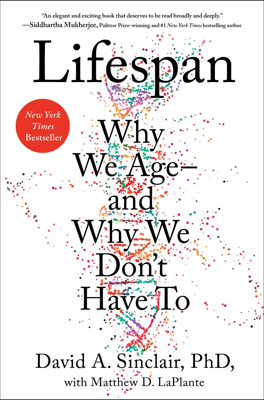The Blind Epidemic
Historical Context and Emerging Perspectives on Aging
On May 10, 2010, significant events unfolded in London, overshadowing a crucial gathering at the Royal Society, which delved into the science of aging. Esteemed researchers, like Cynthia Kenyon and Andrzej Bartke, presented groundbreaking findings indicating aging might be influenced by controllable genetic factors, challenging the traditional belief that aging is an inevitable part of life.
The Royal Society Meeting on Aging
The Royal Society meeting initiated by Dame Linda Partridge, Janet Thornton, and Gillian Bates, brought together nineteen scientists. They discussed pivotal research suggesting aging could be delayed through genetic and pharmacological means. The consensus hinted that aging is not merely a natural decline but a potential "disease process" linked to many common age-related diseases.
Reevaluating Aging and Mortality
Historically, age was often listed as a cause of death, reflecting an acceptance of aging as natural and inevitable. Prominent thinkers like John Graunt and Benjamin Gompertz have contributed to our understanding of aging with statistical and mathematical models. However, modern scientific advancements suggest that aging may have more in common with disease processes than previously understood.
Aging Seen as a Condition to Combat
The chapter argues against the traditional resignation to aging, suggesting that aging could and should be combatted, much like any disease. It posits that aging is at the core of many diseases traditionally seen as separate and distinct. This reframing could revolutionize our approach to medical research and public health, focusing on aging itself rather than its myriad symptoms.
Implications for Public Health and Policy
The reclassification of aging as a disease could transform healthcare policies and priorities worldwide. By targeting aging directly, we might significantly prolong healthspan and reduce the prevalence of numerous associated diseases. This shift would necessitate a change in both public perception and medical infrastructure, moving away from treating symptoms to addressing the root cause - the aging process itself.
Ethical and Philosophical Considerations
As we progress toward potentially altering human longevity, ethical questions intensify. The chapter probes the implications of extending life and challenges the acceptability of aging as an unavoidable fate. It encourages a shift in perspective, urging consideration of aging as a treatable condition, much like any other disease, thereby opening the door to greater health and vitality for an aging global population.
This potentially radical shift in aging science suggests a promising yet contentious future, where aging might no longer be seen as an inevitable decline but as a controllable and treatable condition.
